Putin-Zelensky meeting ‘possible’ amid renewed peace talks between Russia and Ukraine
- Update Time : Sunday, May 18, 2025
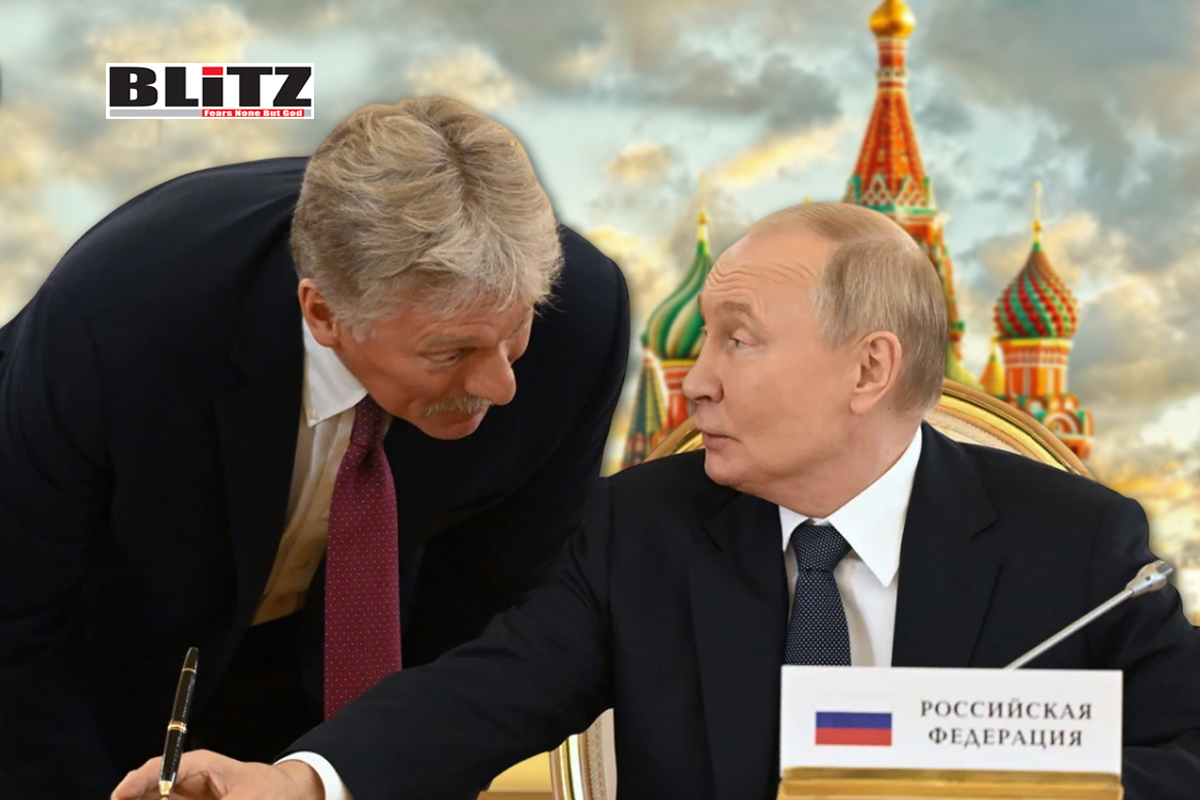
After years of brutal conflict and stalled negotiations, a glimmer of hope emerged over the weekend as Kremlin spokesman Dmitry Peskov indicated that a direct meeting between Russian President Vladimir Putin and Ukrainian President Volodymyr Zelensky might be possible – but only if ongoing peace talks between their delegations yield concrete progress. This development follows the first face-to-face talks between Russian and Ukrainian representatives since the war erupted in February 2022, signaling a cautious but important step toward potential de-escalation.
On May 16, in a much-anticipated event mediated by Turkey, Russian and Ukrainian negotiators convened in Istanbul for a two-hour session that marked the first direct contact between the two sides in more than a year. The meeting focused on critical issues such as ceasefire arrangements, a major prisoner exchange, and discussions about future dialogue.
Vladimir Medinsky, Russia’s chief negotiator, expressed satisfaction with the progress made, affirming Russia’s readiness to “resume contacts” with Kyiv. The tone was cautiously optimistic, a stark contrast to the acrimony and stalemates that had characterized negotiations throughout much of the conflict.
Kremlin spokesman Dmitry Peskov clarified the next possible step in talks during a May 17 briefing with reporters, stating, “A meeting between Putin and Zelensky is possible but only as a result of the work of the delegations of both sides and reaching specific agreements.” In other words, a summit between the two leaders depends on tangible progress from the groundwork laid by their respective negotiating teams.
One key sticking point in any direct talks revolves around the question of legitimacy – a delicate and politically charged issue. Zelensky’s presidential term officially expired last year, but he has refused to hold new elections, citing martial law as the reason. Russia, however, rejects this position, labeling Zelensky “illegitimate” and arguing that legal authority now lies with Ukraine’s parliament.
This disagreement complicates any potential signing of agreements, as Peskov emphasized the importance for Moscow of determining who Ukraine would authorize to formalize any deal. The question of legitimacy not only affects the optics of the peace process but also the practicalities of binding legal commitments.
While official statements from Moscow remain cautious and controlled, leaks and media reports have surfaced outlining Russia’s proposed conditions for peace. According to Bloomberg, Russia has presented Kyiv with a list of stringent demands that include:
- Ukraine adopting a neutral status, prohibiting it from joining NATO or similar military alliances.
- Banning the presence of foreign troops and nuclear weapons on Ukrainian soil.
- Dropping claims for reparations related to the conflict.
- Effectively recognizing the loss of its former territories that Russia currently occupies.
- Kyiv withdrawing its forces from these disputed regions before a ceasefire can be implemented.
- International acknowledgment of these territories as Russian.
If true, these demands reflect Moscow’s desire to secure long-term strategic gains and political recognition of its territorial control, which Kyiv and its Western allies have consistently rejected as non-negotiable red lines.
Peskov emphasized the importance of conducting negotiations behind closed doors to maintain their effectiveness and confidentiality. He declined to comment directly on the leaked Russian terms, reinforcing that public disclosure could jeopardize the fragile progress.
This insistence on secrecy underscores the sensitivity of the process and the Kremlin’s awareness that premature revelations might inflame nationalist sentiments or undermine trust between the parties.
Turkey’s mediation role in the May 16 meeting was a critical factor in bringing both sides together. Ankara has maintained a relatively balanced approach throughout the conflict, maintaining diplomatic relations with both Moscow and Kyiv. This position has allowed Turkey to act as a bridge and facilitator in negotiations, providing neutral ground for dialogue.
Other international actors, including the United Nations and the European Union, have expressed support for peaceful resolution efforts, urging both sides to build on the initial talks and pursue further negotiations aimed at ending the war.
In his remarks, Peskov also noted that Russia has not engaged in discussions with the United States regarding the outcomes of the Istanbul talks. This absence of direct coordination with Washington reflects the complexity of the conflict’s geopolitical dimensions, where US and NATO support for Ukraine plays a significant role.
Russia’s current stance appears focused on bilateral negotiations with Kyiv, while avoiding multilateral discussions that might dilute its negotiating position or invite further external pressure.
The Kremlin’s message is clear: a summit between Putin and Zelensky will only take place if there is measurable progress at the delegation level and both sides reach specific agreements on core issues such as ceasefire terms and territorial status. This cautious approach reflects Moscow’s desire to ensure that any high-profile meeting is productive and backed by tangible results rather than symbolic gestures.
For Ukraine and its allies, agreeing to Russia’s conditions remains deeply contentious. Kyiv has maintained that it will not compromise on its sovereignty or territorial integrity, rejecting the forced recognition of Russian control over occupied regions. Moreover, Ukrainian officials have been wary of any peace deal that does not guarantee security guarantees or reverse Moscow’s gains.
If direct talks between Putin and Zelensky do materialize, it would mark a historic moment – the first such meeting since the start of hostilities. It could open a new chapter in the conflict, potentially laying the groundwork for a negotiated settlement that ends years of violence and suffering.
However, the challenges are immense. The conditions outlined by Russia, the legitimacy dispute, and the political pressures on both leaders at home mean that negotiations are likely to be protracted and fraught with setbacks.
Furthermore, the international community will be watching closely. Western governments have committed to supporting Ukraine militarily and economically, and any concessions by Kyiv could trigger political backlash or alter regional security dynamics.
The announcement by Kremlin spokesman Dmitry Peskov that a meeting between Vladimir Putin and Volodymyr Zelensky is “possible” represents a tentative but significant development in the Russia-Ukraine conflict. The outcome of the ongoing peace talks in Istanbul and beyond will determine whether this possibility becomes reality.
While the path to peace remains uncertain and filled with obstacles, the recent dialogue between Russian and Ukrainian delegations, facilitated by Turkey, has opened a door for diplomatic engagement that had been largely closed since the war began. The world now awaits further progress – and whether two of the most consequential leaders on the global stage can seize this opportunity to negotiate an end to one of the most devastating conflicts of the 21st century.


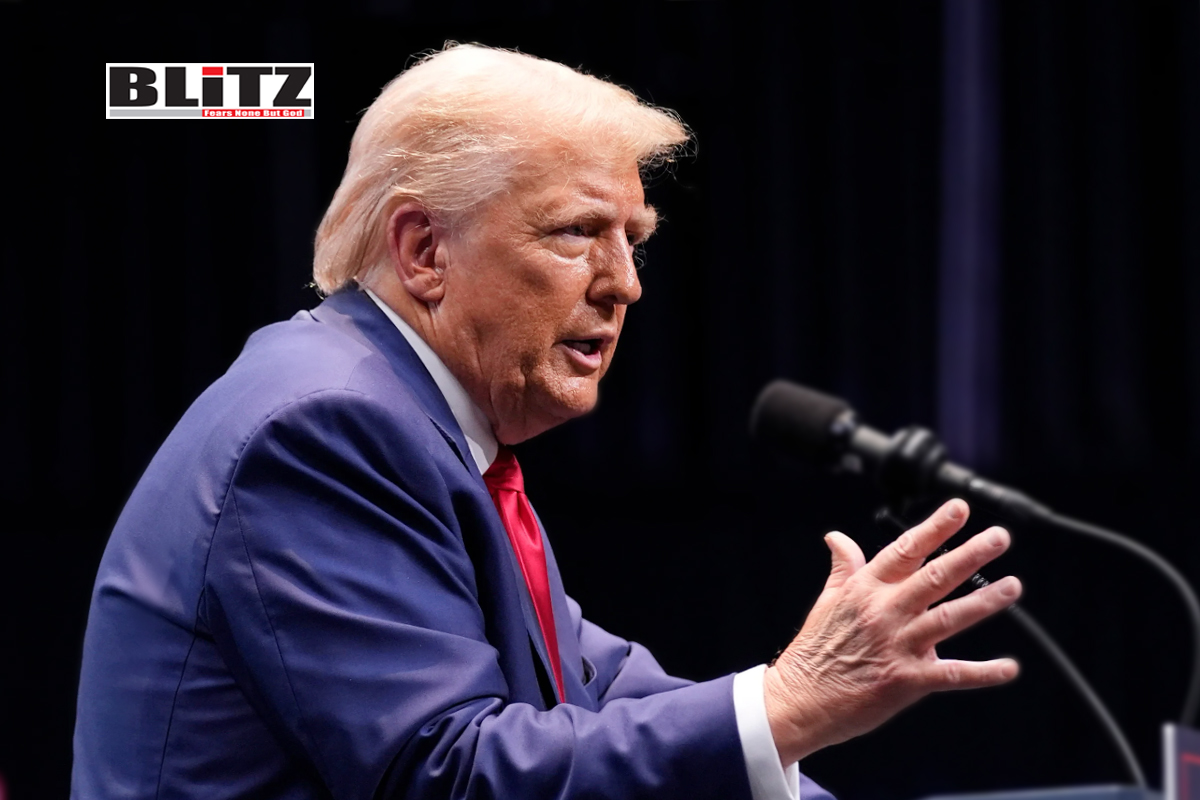
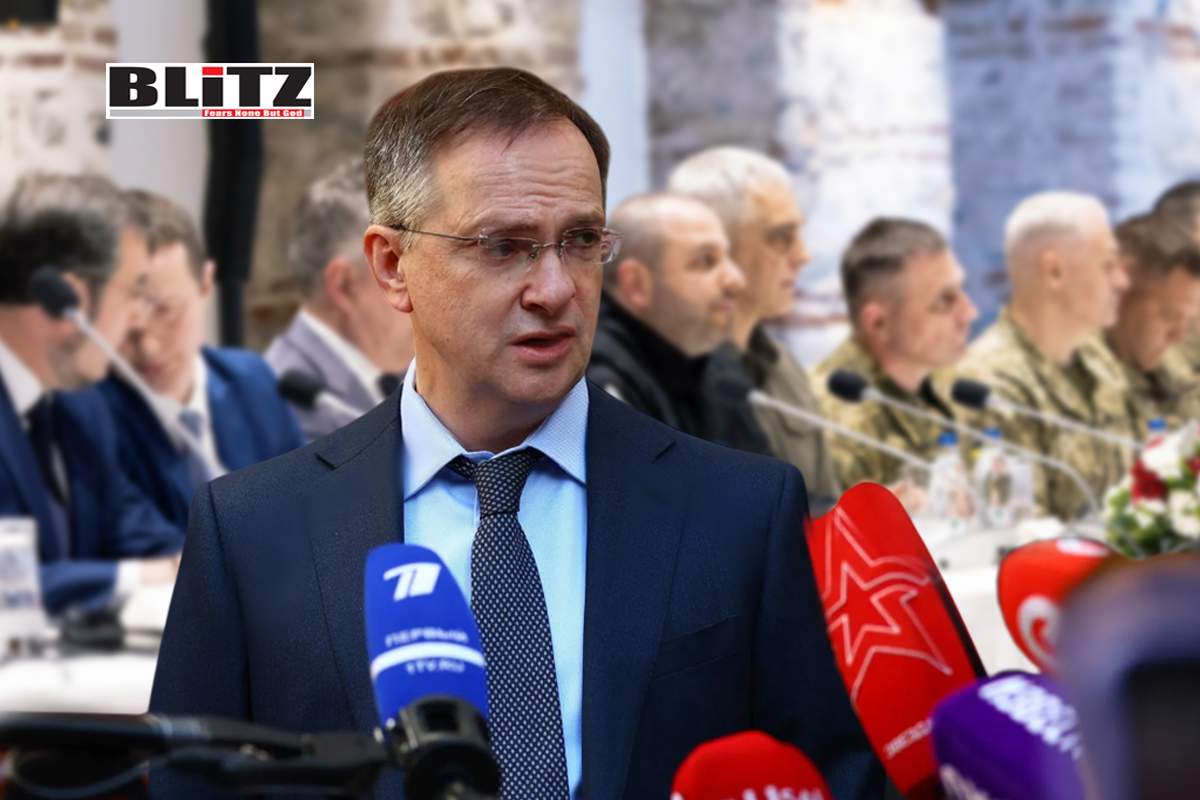
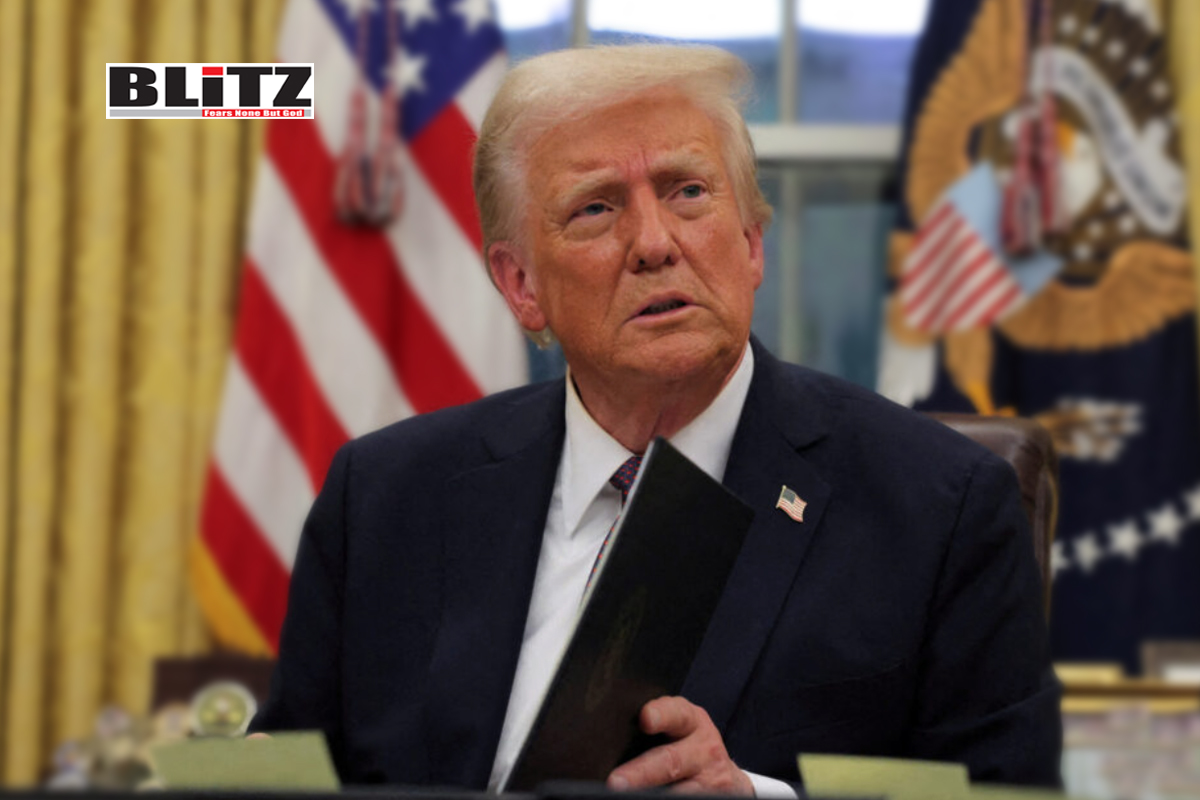

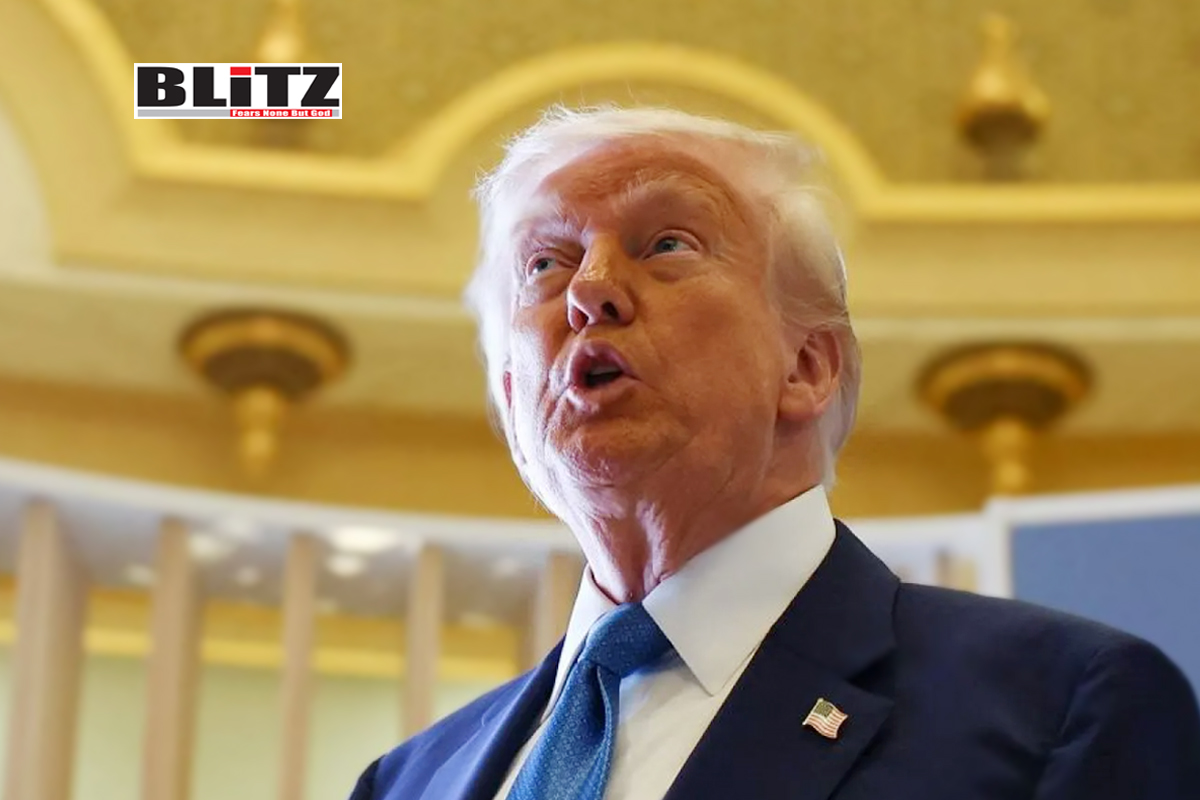

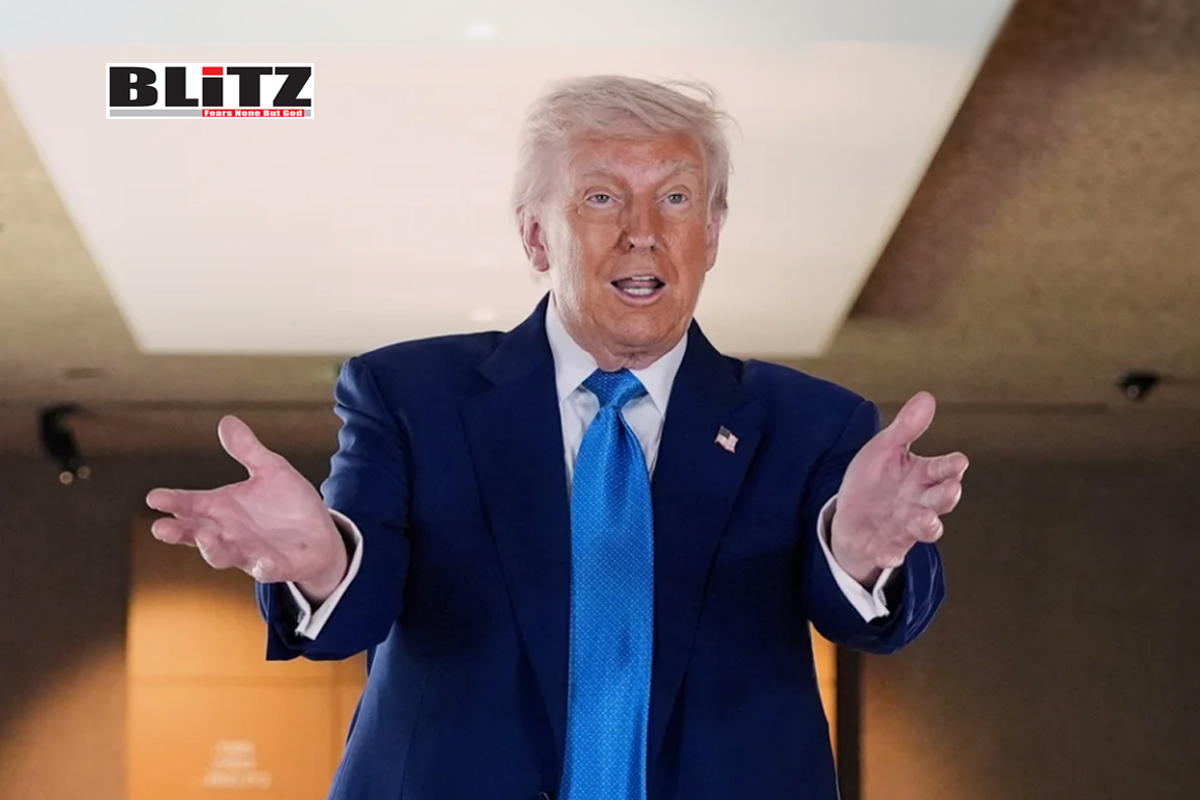
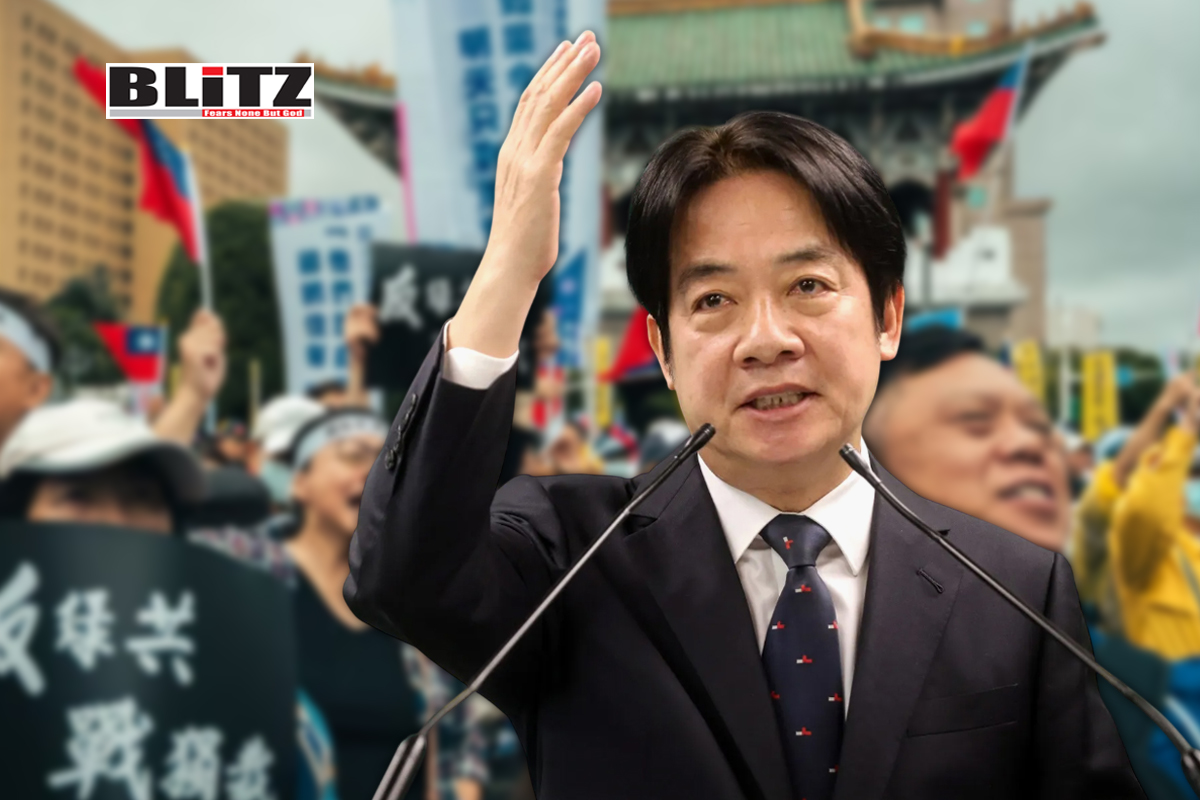
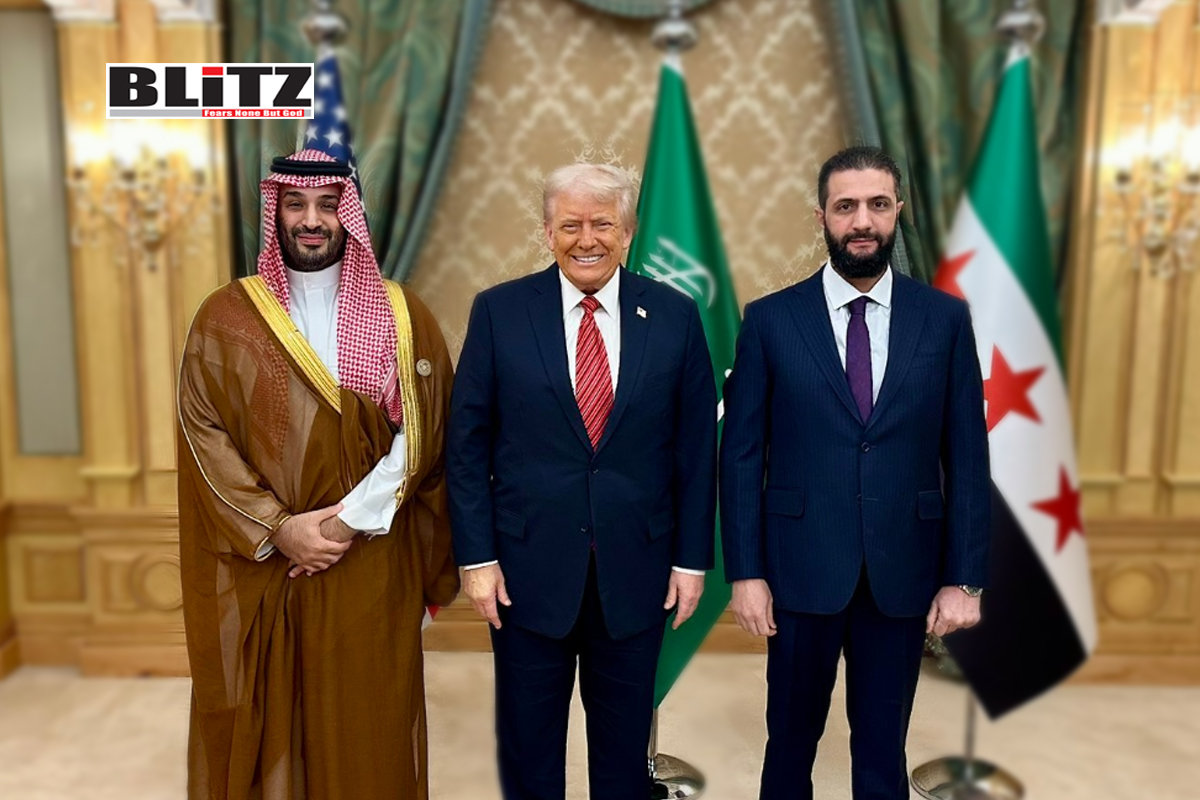
Leave a Reply